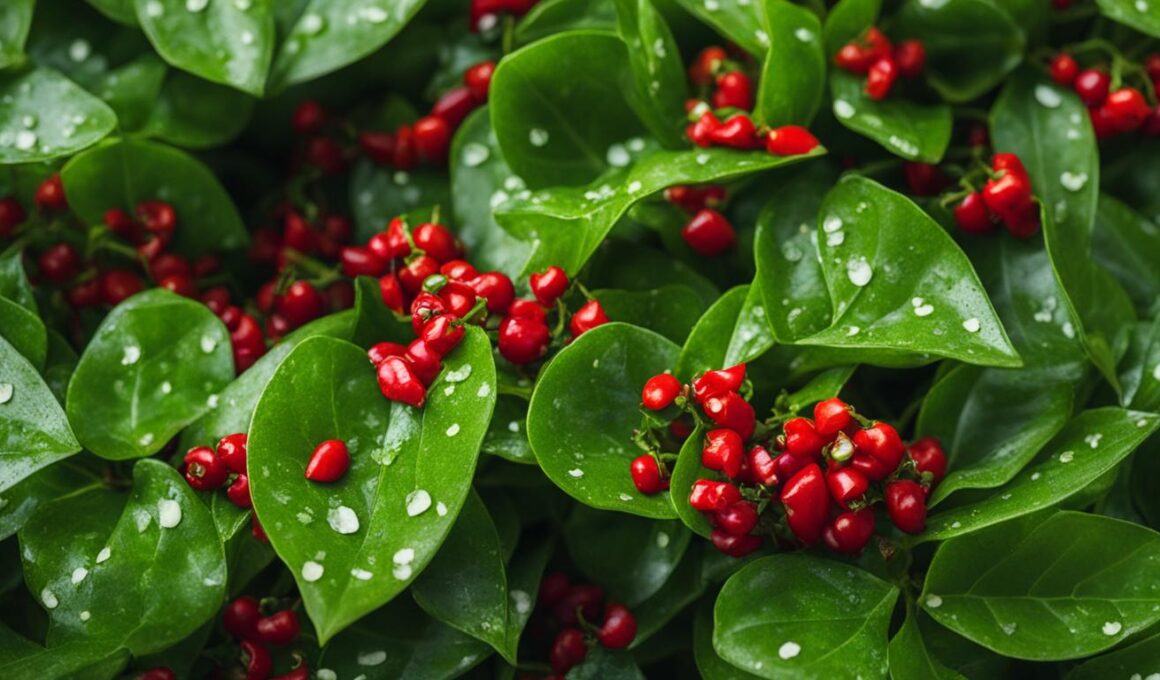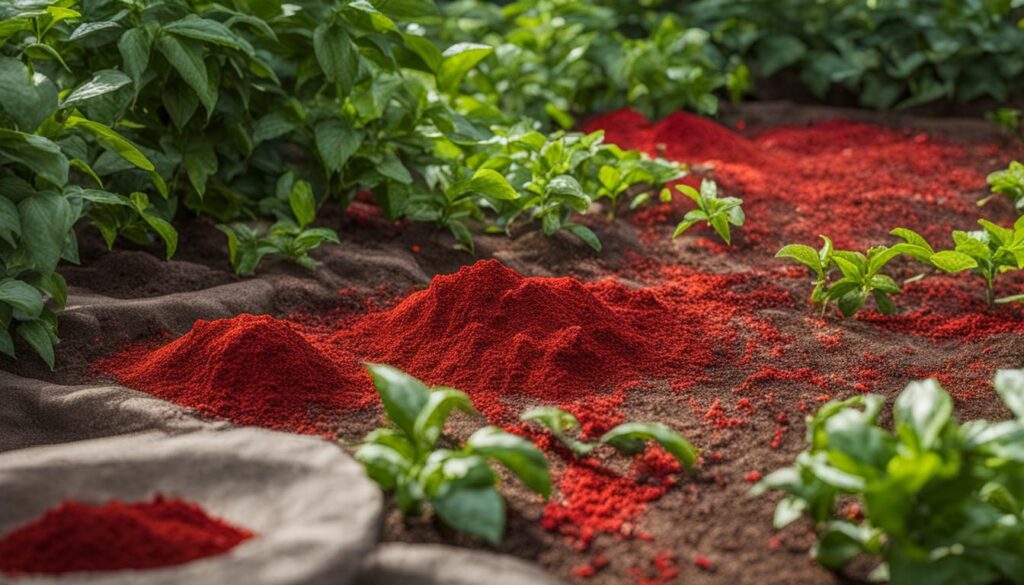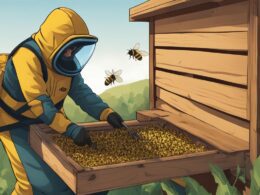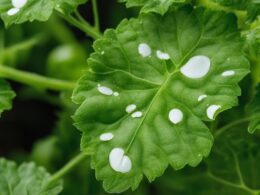In the world of gardening, cayenne pepper is a versatile ingredient that serves multiple purposes. From pest control to disease prevention, this fiery spice can be a valuable asset in your garden.
When it comes to dealing with unwanted visitors like aphids, slugs, and snails, cayenne pepper can be an effective deterrent. Its strong scent and taste repel these pests, keeping your plants safe and healthy.
But cayenne pepper doesn’t stop there. It also possesses potential antifungal and antibacterial properties that can help prevent plant diseases. By incorporating cayenne pepper into your gardening routine, you can protect your precious plants from harmful infections.
Furthermore, cayenne pepper can be used as a soil amendment to promote fertility. It stimulates microbial activity in the soil, contributing to a healthy and thriving ecosystem for your plants.
However, it’s important to proceed with caution when using cayenne pepper in your garden. While it offers numerous benefits, it’s vital to avoid any harm or negative effects on your plants.
In the following sections, we will delve into the potential effects of cayenne pepper on plants and provide guidelines for its safe and effective use. By understanding the impact of cayenne pepper and following proper techniques, you can harness its power without compromising your garden’s health.
Potential Effects of Cayenne Pepper on Plants
While utilizing cayenne pepper in your garden can offer various benefits, it’s crucial to understand the potential effects it may have on your plants. Cayenne pepper contains capsaicin, a compound that can cause irritation or burning sensations if applied directly to plants. This can be problematic, especially for sensitive plant varieties.
Moreover, cayenne pepper can create a temporary heat-like sensation, which may cause stress to certain plants. Excessive or concentrated application of cayenne pepper can lead to adverse effects such as growth inhibition and hindered seed germination. To ensure safe and effective use of cayenne pepper in your garden, it’s essential to follow some guidelines.
- Dilute Properly: Always dilute cayenne pepper before application to minimize the concentration of capsaicin and reduce the risk of irritation to your plants.
- Test on a Small Area: Before applying cayenne pepper spray or solution to your entire garden, test it on a small area first to observe any potential negative effects.
- Apply Sparingly: Use cayenne pepper sparingly to avoid overwhelming your plants. A little goes a long way, and excessive application should be avoided.
- Protect Sensitive Plants: Certain plant varieties are more susceptible to the effects of cayenne pepper. Take extra precautions to shield these plants from exposure.
By following these guidelines, you can safely and effectively use cayenne pepper in your garden without causing harm to your plants or hindering their growth. Remember, moderation is key when utilizing natural remedies like cayenne pepper for plant care.
Using Cayenne Pepper Safely in Gardening
When incorporating cayenne pepper into your gardening routine, it is crucial to prioritize safety measures. To begin, always wear protective gear such as gloves to avoid direct contact and any potential skin irritation. Additionally, be mindful to keep the pepper away from your face and eyes to prevent discomfort and injury.
Another important aspect to consider is the timing of application. It is advisable to avoid applying cayenne pepper spray on windy days to prevent unintentional spreading and potential harm to nearby plants. By selecting calm days for application, you can ensure a more targeted and controlled outcome.
Moreover, take extra precautions to store cayenne pepper and any prepared sprays securely, away from the reach of children and pets. This will prevent accidental ingestion, as cayenne pepper can be harmful when consumed. Additionally, be sure to carefully read and follow the instructions provided with commercial products or homemade recipes for safe and effective application in your garden.
By adhering to these safety guidelines, you can confidently and safely use cayenne pepper as a natural remedy in your gardening endeavors. Remember, prioritizing protective gear, avoiding windy days, keeping it away from children and pets, and following instructions are key to a successful and safe application.
Can Soapy Water and Cayenne Pepper Be Used as Natural Pest Control for Plants?
Yes, soapy water for Japanese beetles is an effective natural pest control method for plants. Simply mix a few drops of dish soap with water and spray the solution on the affected plants. Additionally, cayenne pepper can be sprinkled around the plants to further deter pests.










